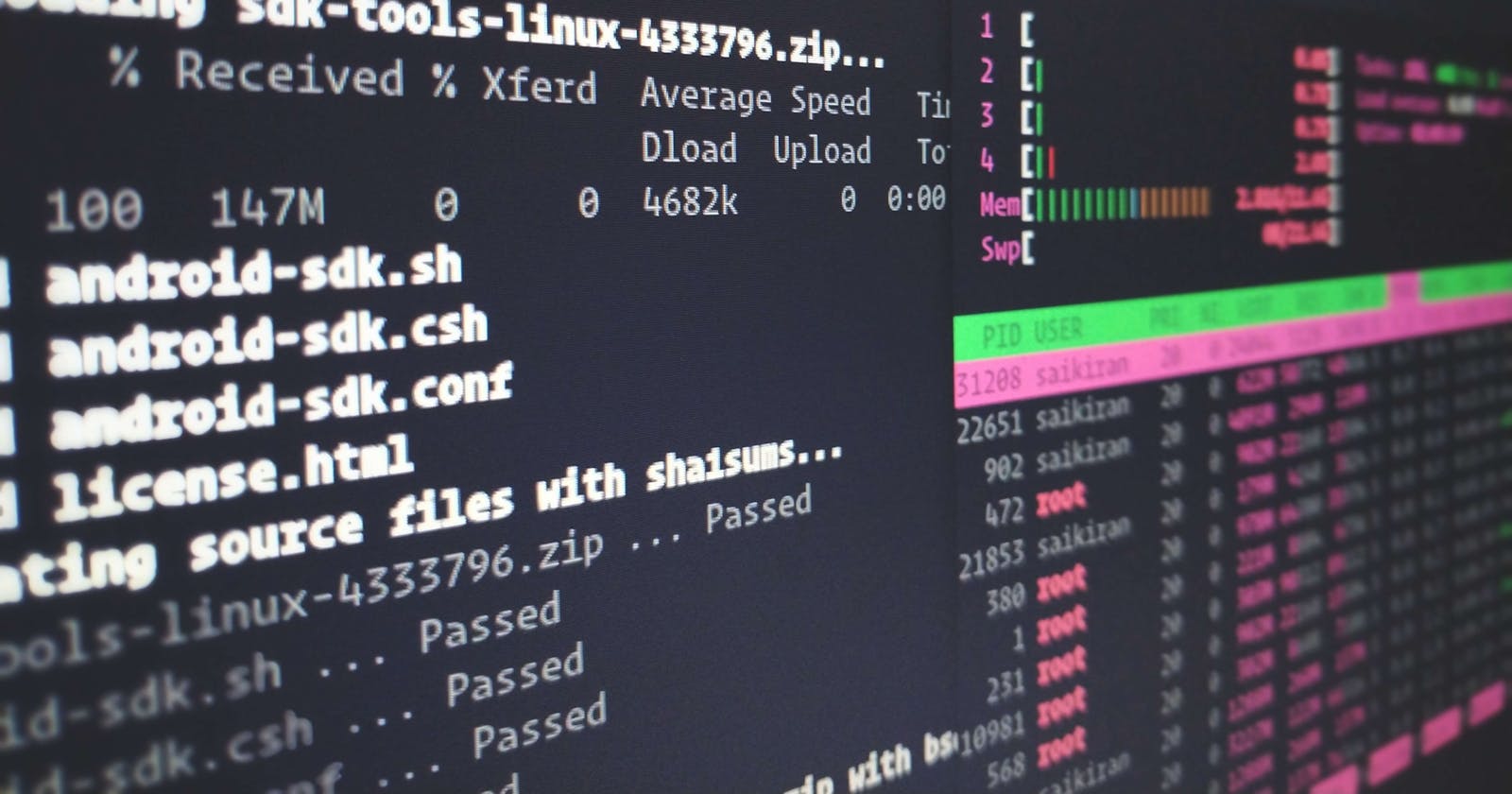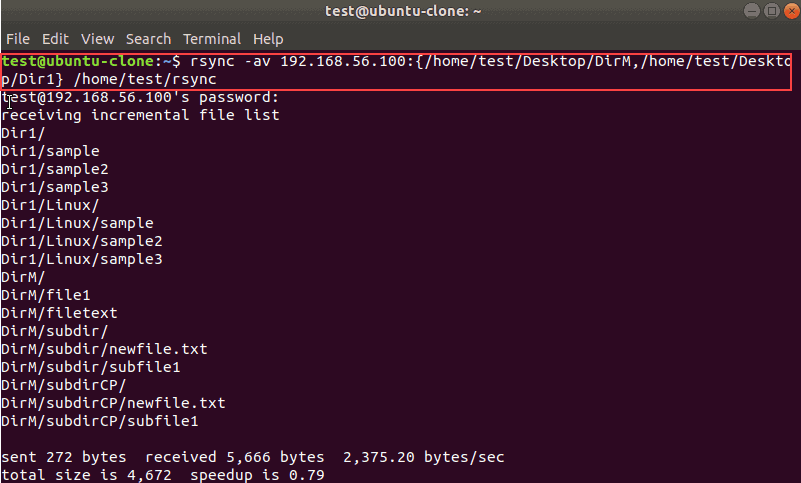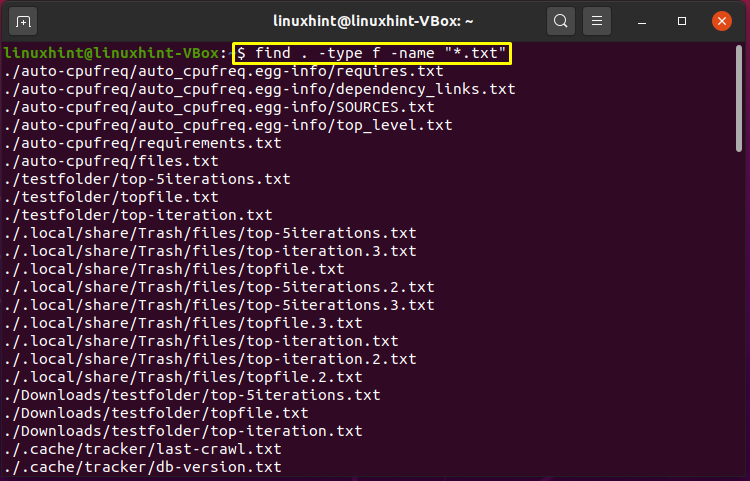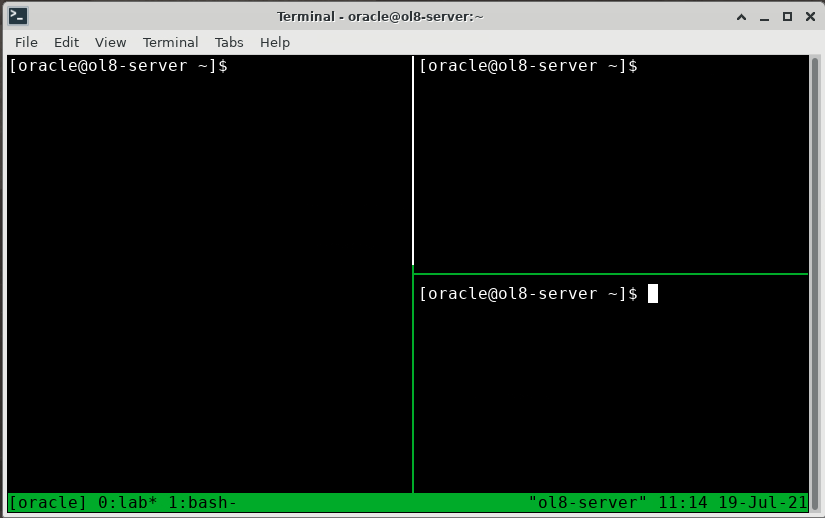10 Most useful Linux Cli tools that U must know
I bet you will learn atleast one new command by reading this blog.
Overview
Linux is a powerful operating system that has been around for decades. It is known for its robustness, security, and flexibility. The Linux command line is a powerful tool that allows users to interact with the system in a way that is not possible through the graphical user interface. In this blog post, we will explore some of the most advanced Linux commands that can help you to become a power user.
Awk
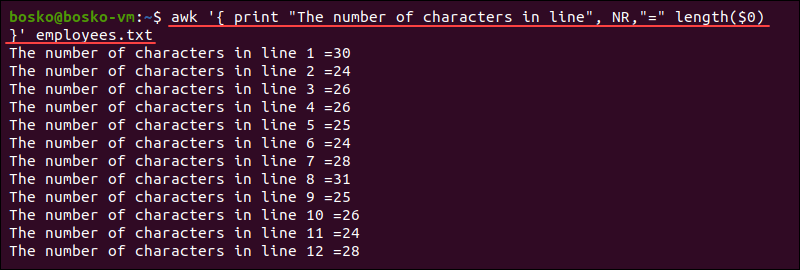
Awk is a powerful text processing tool that allows you to manipulate text files in a variety of ways. It can be used to search for patterns, perform calculations, and reformat data. The syntax of awk can be a little daunting at first, but once you get the hang of it, it can be a very useful tool.
Sed

Sed is another text processing tool that allows you to perform operations on text files. It is particularly useful for performing search and replaces operations. You can use sed to replace text, delete lines, and perform other operations on text files.
Rsync
Rsync is a powerful file synchronization tool that allows you to synchronize files between two or more computers. It can be used to keep backups of important files or to synchronize files between a local computer and a remote server.
Grep
Grep is a powerful search tool that allows you to search for patterns in files. You can use it to search for specific words, numbers, or other patterns. Grep is particularly useful when searching through large files or directories.
Find
Find is a tool that allows you to search for files and directories on your system. You can use it to search for files based on their name, size, modification time, and other criteria. Find is particularly useful when you need to find files in a large directory structure.
SSH
SSH is a secure shell that allows you to connect to remote servers over the internet. It is commonly used by system administrators to manage remote servers, but it can also be used by regular users to securely access their own computers from remote locations.
Tmux
Tmux is a terminal multiplexer that allows you to run multiple terminal sessions within a single terminal window. It can be used to keep multiple programs running at the same time, or to detach and reattach sessions later.
Top
Top is a system monitor that allows you to monitor the processes running on your system. It shows you which processes are using the most CPU and memory and allows you to kill processes that are causing problems.
Lsof
Lsof is a tool that allows you to list open files on your system. It can be used to find out which processes are using a particular file or to see which files are currently in use by your system.
Df
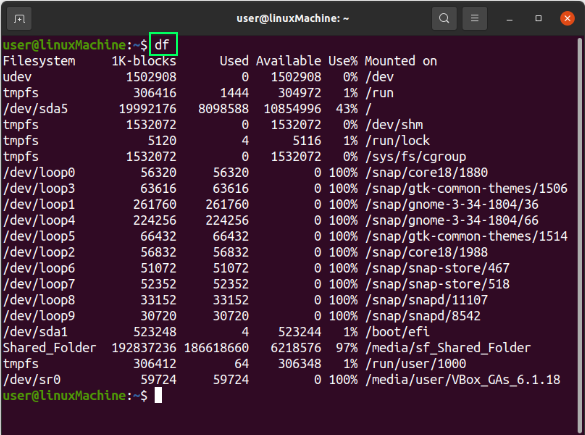
Df is a tool that allows you to view the disk space usage on your system. It shows you how much space is being used by each file system, and how much free space is available. This can be useful when you need to free up disk space or when you need to determine where large files are located
Conclusion
Linux commands are an essential tool for power users who want to maximize their efficiency and productivity. The above commands are just a few examples of the many powerful tools available on Linux. By mastering these commands, you will be able to perform a wide range of tasks and become a true Linux power user.

